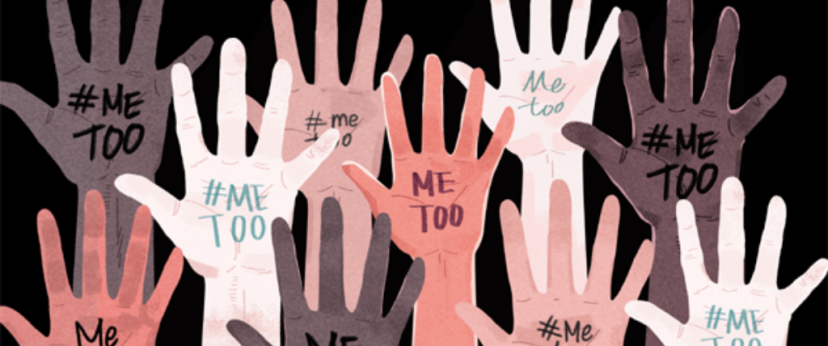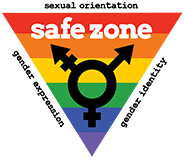
Who matters when we think about domestic violence and sexual assault? Who are we protecting and who do we silence?
Over the course of the last few months, our country has been forced into a reckoning of whose pain is important and whose lives matter in a visible and vocal way. From the start of the pandemic, we’ve seen how the disease has allowed prejudice and racism, especially against Asian Americans, thrive. We’ve seen our communities argue about whether wearing masks to protect our neighbors is “worth it” or whether our vulnerable community members should be thrown under the bus in the name of economic recovery. Finally, and most recently, we’ve seen such egregious (and heartbreakingly common) examples of violent, murderous racism and police brutality against Black Americans and people of color.
We have to answer these questions every day in our work. Whose lives are important? Who do we care about? Who are we willing to protect? Who will we speak up for?
As we’ve worked from home, listening to new podcasts, shows, and webinars, one theme has been constant: people with power almost always ignore abuse as long as they can until it becomes inconvenient or impossible to ignore the victims any longer.
In “The Catch and Kill Podcast with Ronan Farrow” and “Chasing Cosby”, we see the countless women who were ignored in favor of protecting powerful men. Countless media, court officials, law enforcement, and even friends and family ignored, dismissed, or discouraged the hundreds of victims who came forward. Harvey Weinstein and Bill Cosby (like so many others) were only held accountable when there was no other option.
We see this decision to ignore the needs of some in favor of a bigger “agenda” when listening to the second season of “Slow Burn” which focuses on the sexual abuse scandals faced by Bill Clinton during his years in office as President. Monica Lewinsky has maintained that she does not feel like she was sexually assaulted by President Clinton, but there is no arguing that she was treated as a political football, rather than a victim of violence or power inequity. Both sides (regardless of party) seemed to view Clinton’s inappropriate pursuit of Lewinsky as an opportunity to bring down their opponent or support their candidate. We have to answer this with Clinton, with Kavanaugh, with Trump, with Franken, and yes, with Joe Biden. How do we respond to allegations of sexual abuse and violence? Is our response different when it is “our guy”? Are we concerned with supporting victims and survivors? Or are we looking to score cheap political points? Are we ignoring survivors and victims because we’re afraid to lose the election, the seat, or the moral high ground?
And let’s take that even farther…are we afraid to support victims because we don’t know what it will mean for our community? Our family? Our workplace? Ending violence requires courage and consistency. We MUST be willing to be brave. We must be willing to hold EVERYONE accountable, no matter the cost. We must take the risk to create a world where everyone is safe, everyone is free, and everyone is loved.



